To add some thrills to life, people often try extreme sports or look to visit some place new and different. But for those who never attend religious services, excitement may be waiting at the church around the corner.
More than a third of Americans (34%) say they never attend a religious service, according to the Encuesta Social General (GSS). For the first time, that percentage is higher than the percentage of those who attend at least monthly.
Among those who never attend a religious service, around 3 in 5 (59%) say they find life “pretty routine.” Another 4% describe their life as dull. Fewer than 2 in 5 (37%) call their life exciting, according to the GSS.
The last time a majority of Americans who never attend church described their life as exciting was in 1976 (52%). That year, however, just 12% of Americans never went to church—almost a third of the percentage who never attend today.
Currently, those who never attend religious services are 9% less likely than the average American to consider their life exciting, and 9% more likely to say their life is routine.
Your tax-deductible gift helps our journalists report the truth and hold Christian leaders and organizations accountable. Give a gift of $30 or more to The Roys Report this month, and you will receive a copy of “Baptistland: A Memoir of Abuse, Betrayal, and Transformation” by Christa Brown. To donate, haga clic aquí.
As a whole, 52% of Americans currently describe their life as routine, 43% say it is exciting, and 4% call it dull.
Pandemic dip in excitement
With its disruptions to the regular rhythms of life, including asistencia a la iglesia, the pandemic seemed to make Americans view their lives as less exciting.
Since the early 1970s when the GSS began surveying Americans, the percentage of those who described their life as exciting was slowly but steadily increasing, from 43% in 1974 to 51% in 2018. In 2021, however, when the GSS began using online surveys for the first time, just 35% said the same. This marked the lowest in the history of the GSS. The number rebounded in 2022 but only to the previous low mark of 43% from 1974.
Never-attenders experienced an even steeper drop. In 2018, 48% called their life exciting, but that dropped to 29% in 2021. Meanwhile, those describing life as routine jumped from 47% to 63%.
Other “routine” groups
Some demographic groups less likely to attend church are also less likely to describe life as exciting. Those who describe themselves as lower (25%), working (40%), or middle class (47%) are less likely to view life as exciting than upper-class Americans (63%).
Most demographics, however, defy the trend, meaning some relationship exists between a lack of church attendance and a view of life as less exciting.
There is no distinct connection between age and view of life, despite those under 35 being among the most likely to never attend religious services. In 2021, young adults, those 18 to 34, were the most likely to see life as routine (63%). In 2022, however, they were the least likely (48%).
Before 2012, there was an excitement gap between Republicans and Democrats. Since that time, however, there’s no consistent and significant difference between members of the two political parties in terms of how exciting they view life to be. Conversely, the attendance gap has only grown. Today, Democrats and Independents are much more likely to say they never attend church than Republicans.
The same is true for race. There is no discernable trend among viewing life as exciting comparing white, Black, and those of other ethnicities, despite white Americans being the most likely to never attend church.
Married adults are more likely to attend church regularly. But since the 1970s no marital status has been consistently more likely to see their life as exciting. Meanwhile, men have consistently been more likely to never attend religious services than women but also consistently more likely to describe life as exciting.
On the surface, church attendance may not seem thrill-inducing to either those on the outside who see it as unnecessary or maybe even some on the inside who treat it as just another aspect of life. Statistically, however, never attending church increases the likelihood someone is unable to see the excitement in their life.
This article was originally published on LifewayResearch.com.
Aaron Earls is the senior writer at Lifeway Research.







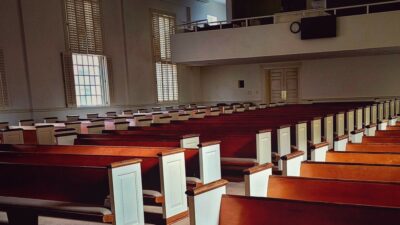
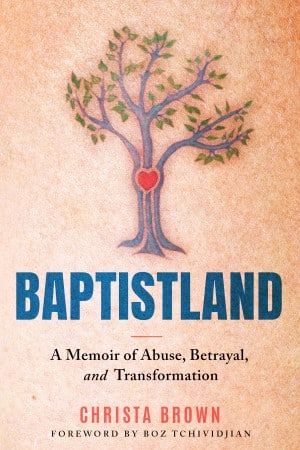

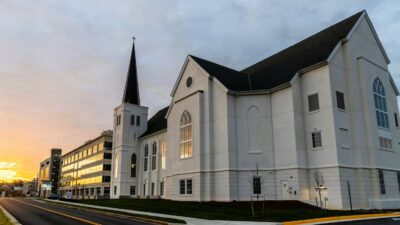
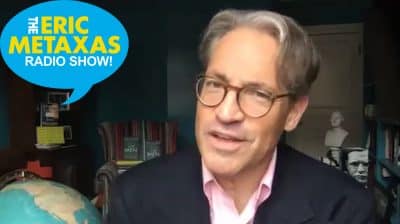

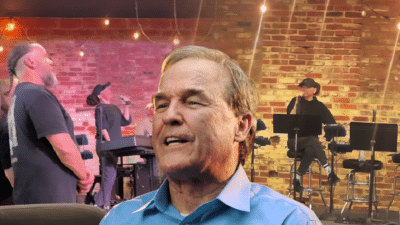







3 Respuestas
Interesting article. I think the real issue is. We only live in the partial in this life. Heaven will be the whole. Expectation adjusted IMO makes all things new.
Lots of methodological problems, with the analysis of statistical data offered in this article, with making “excitement” a fulcrum of that analysis, with using data from two distinct phases (online versus previous) of surveying method, with proselytising being a motivation in the analysing.
There are many life-forms and life-philosophies in which “excitement” is not a priority or positive value. Where some alternative holistic quality of being is sought or focused on.
“Excitement” is very often a fleeting experience. So much excitation might figure in an individual’s life, but within a life-framework that was routine or even dull (the bird-watcher who eventually sees the once-in-a-lifetime rare bird, the scientist who methodically checks the crunched computer print-out).
When an initial excitation occurs (so one goes to the Church “round the corner”), it may not lead to anything sustainable, if and as the overlap between stimulus and self is insufficient.
Addiction (fixation) and excitation have a strong correlation. Here a dull routine and excitation may be inseparable, while yielding nothing good in terms of quality of life.
For a Christian with authentic faith in a benevolent Biblically depicted God, would seeing life as dull and unexciting, be something of a sin of ungratefulness. So morally a Christian might be inclined to not admit to such sinning.
Beyond all that. I’m always suspicious of the dark arts of surveying and statistical analysis, of algorithms and AI.
Correlation does not imply causation.